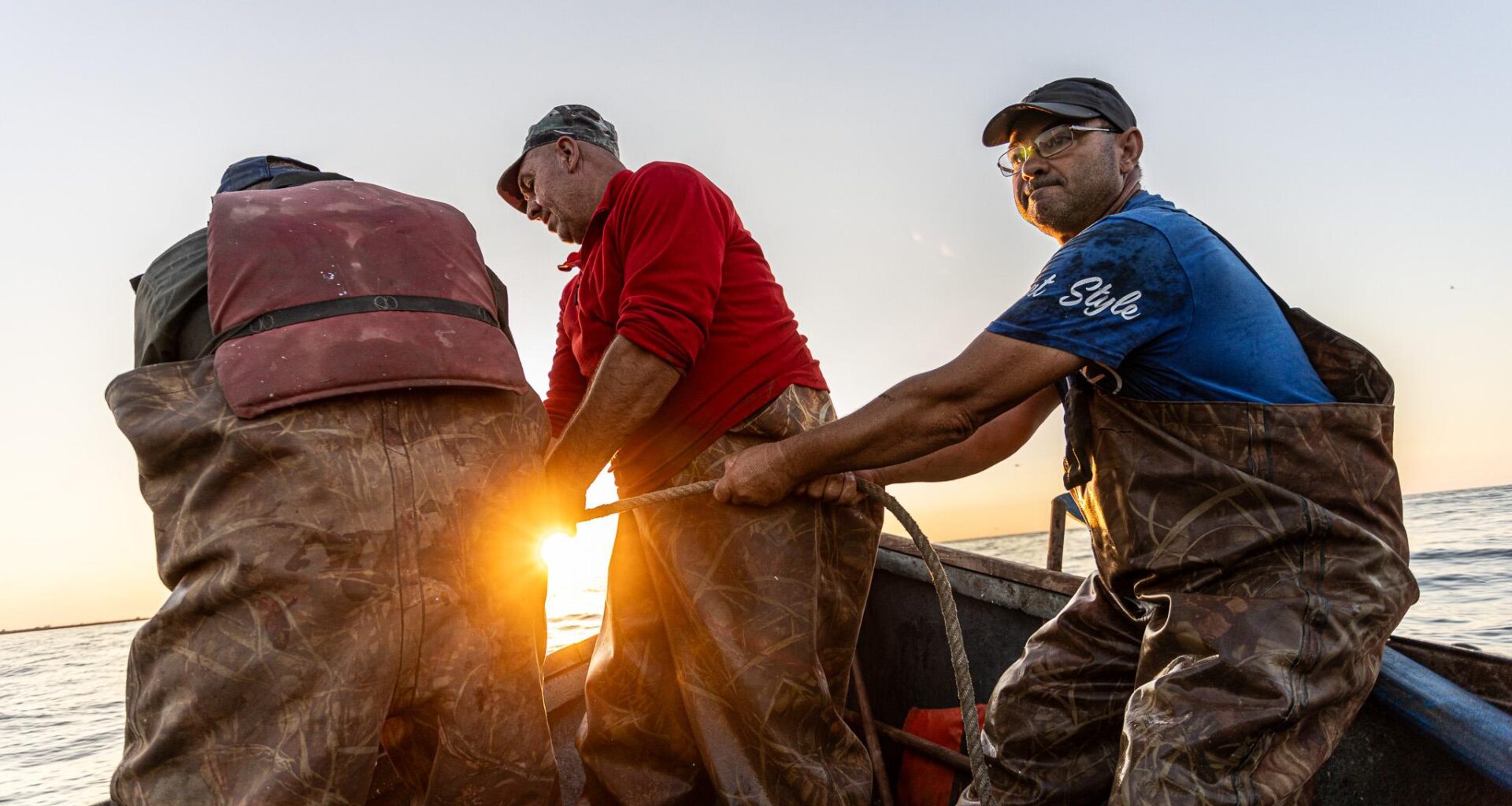At 5:30 a.m., Mattei and his crew set off in their small fishing boat from the coast of Constanța, Romania, and head into the Black Sea. A dozen men jump right into action, getting their nets ready. The sea, usually calm at this hour, stirs as the fishermen cast their nets with near-perfect precision.
Yet, this season, they seem to be let down by the sea. “It's not a good catch; the fish are too small,” Captain Mattei remarks, looking over the haul with a disappointed grimace. “They didn't have time to grow properly,” he adds, shaking his head.
Mattei, 42, is a third-generation fisherman. “My father fishes in the pond; I fish in the sea,” he says with a smile, his eyes fixed on the horizon. Like many fishermen in the region, the full-scale invasion of Ukraine has disrupted Mattei's daily life, with the conflict sending waves through the Black Sea.
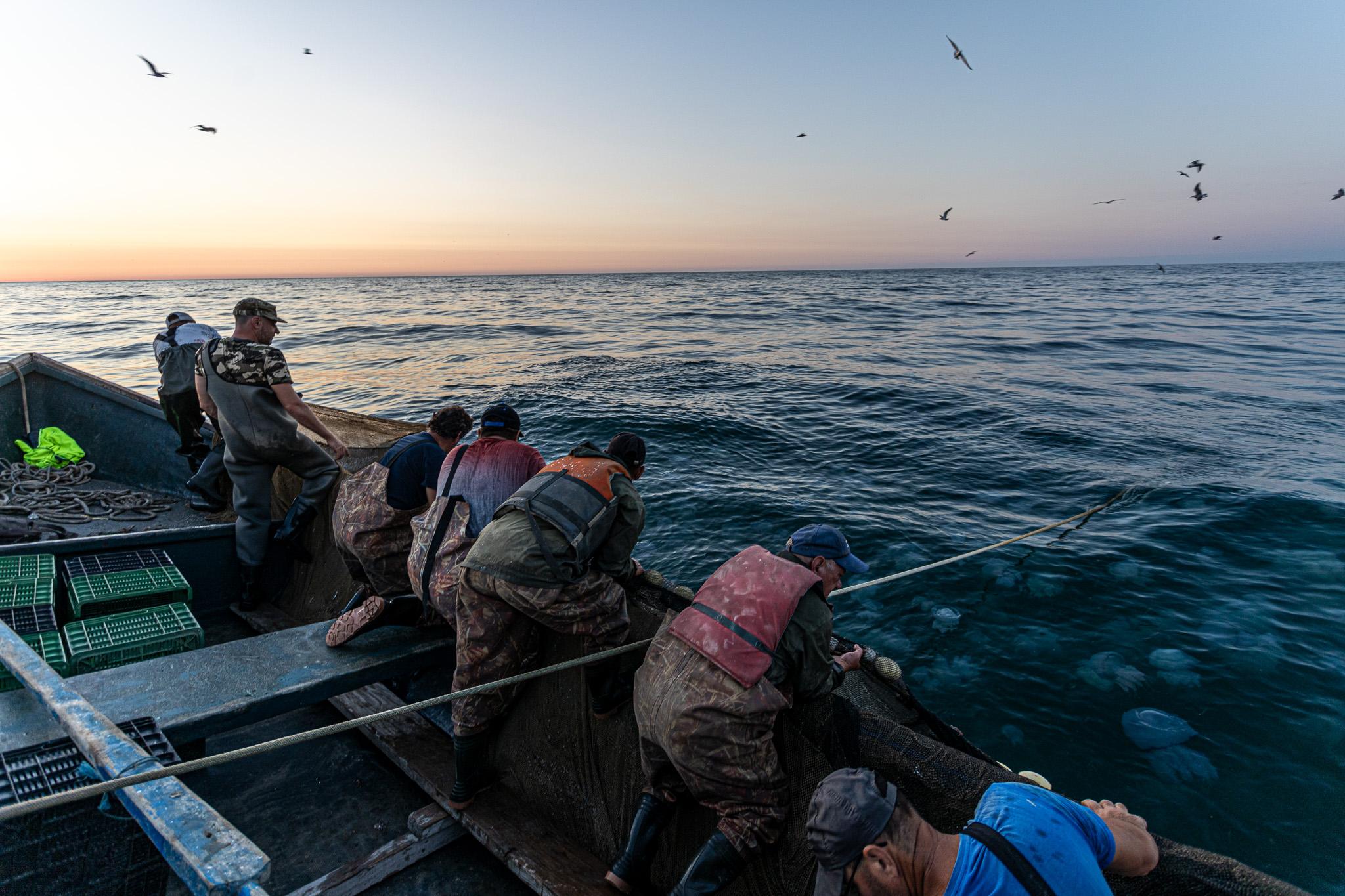
For local fishermen like Mattei, the war extends beyond the battlefield. It puts relentless pressure on the already fragile marine resources of the Black Sea. "Even though we’ve seen some species returning since the war began, the overall situation is still dire," Mattei says. "Pollution is a huge problem."
Indeed, the fragile ecosystems of the Black Sea are taking the brunt of the protracted war. Its damages extend far beyond the environmental impact, hitting local populations and maritime security equally hard. The main culprit is clear: Russia's destruction of the Kakhovka hydroelectric dam.
The Kakhovka dam explosion: where security and ecology collide
The Black Sea, known for its unique biodiversity, is now grappling with unprecedented environmental and security issues. This crisis kicked off with the destruction of the Kakhovka hydroelectric dam on 6 June 2023. The disaster didn’t just devastate agricultural lands and disrupt local communities – it also heaped immense pressure on the region's fragile marine ecosystem.
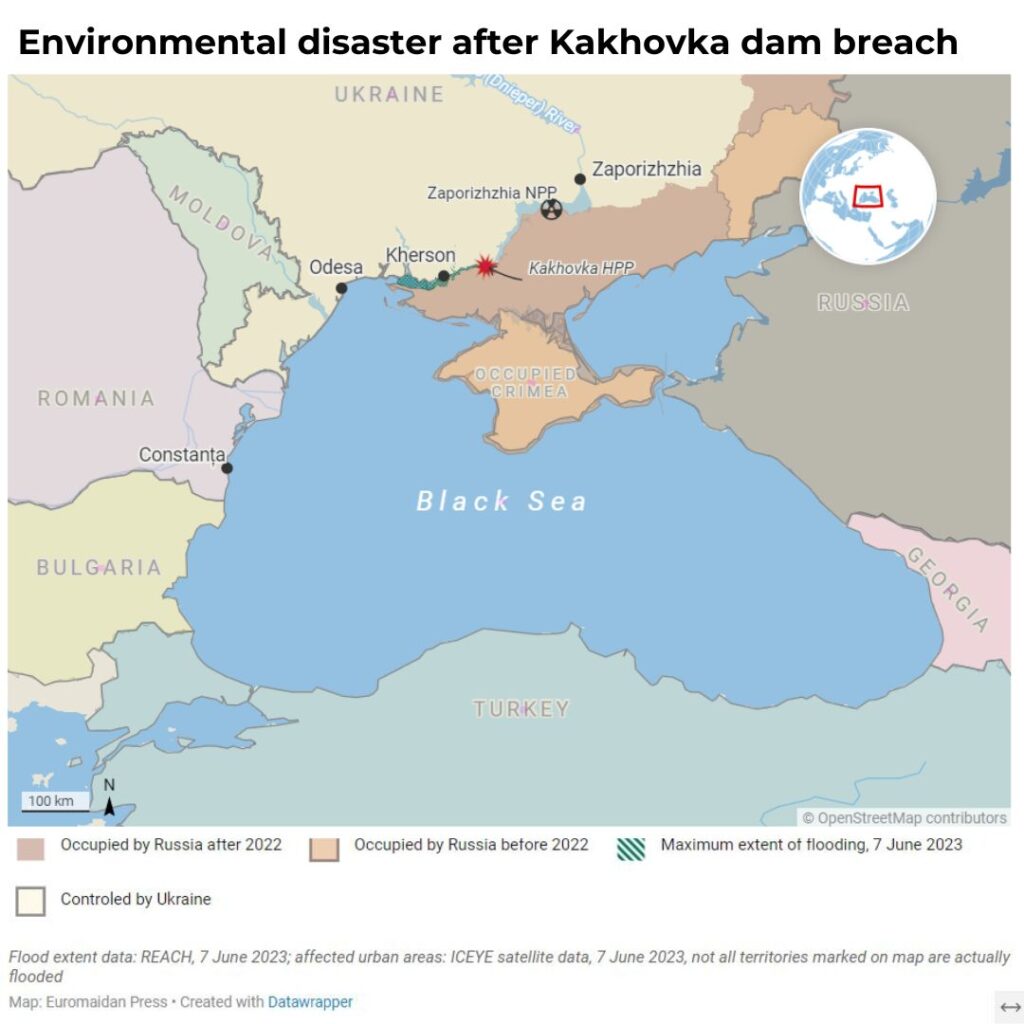
Over a year ago, the explosion of the Kakhovka hydroelectric dam unleashed millions of cubic meters of freshwater into the Dnipro River, triggering a chain of catastrophic events. The floodwaters swept away everything in their path, from houses and livestock to industrial waste. The impact was swift and severe: more than 100,000 people had to evacuate from Kherson and surrounding areas, while 584,000 hectares of agricultural land lost their essential water source.
Less than 100 kilometers (62 miles) from the epicenter, the Black Sea also took a heavy hit. Linked to the Mediterranean only through the narrow Bosphorus and Dardanelles straits, the Black Sea struggles to flush out pollutants and toxins effectively.
The Kakhovka dam destruction sparked a cyanobacteria bloom and wiped out 70% of the mussels along the Odesa coast.
One of the immediate impacts of the dam's destruction was the sharp drop in the Black Sea’s salinity. The massive influx of freshwater sparked a cyanobacteria bloom, with harmful microalgae depleting the water’s oxygen and choking marine life as they spread.
Vladyslav Balinskyi, head of the NGO Green Leaf, points out that “this bloom has wiped out nearly 70% of the mussels along the Odesa coast and severely affected other marine species.” Mussels, which act as natural water filters, are particularly vulnerable to these changes.
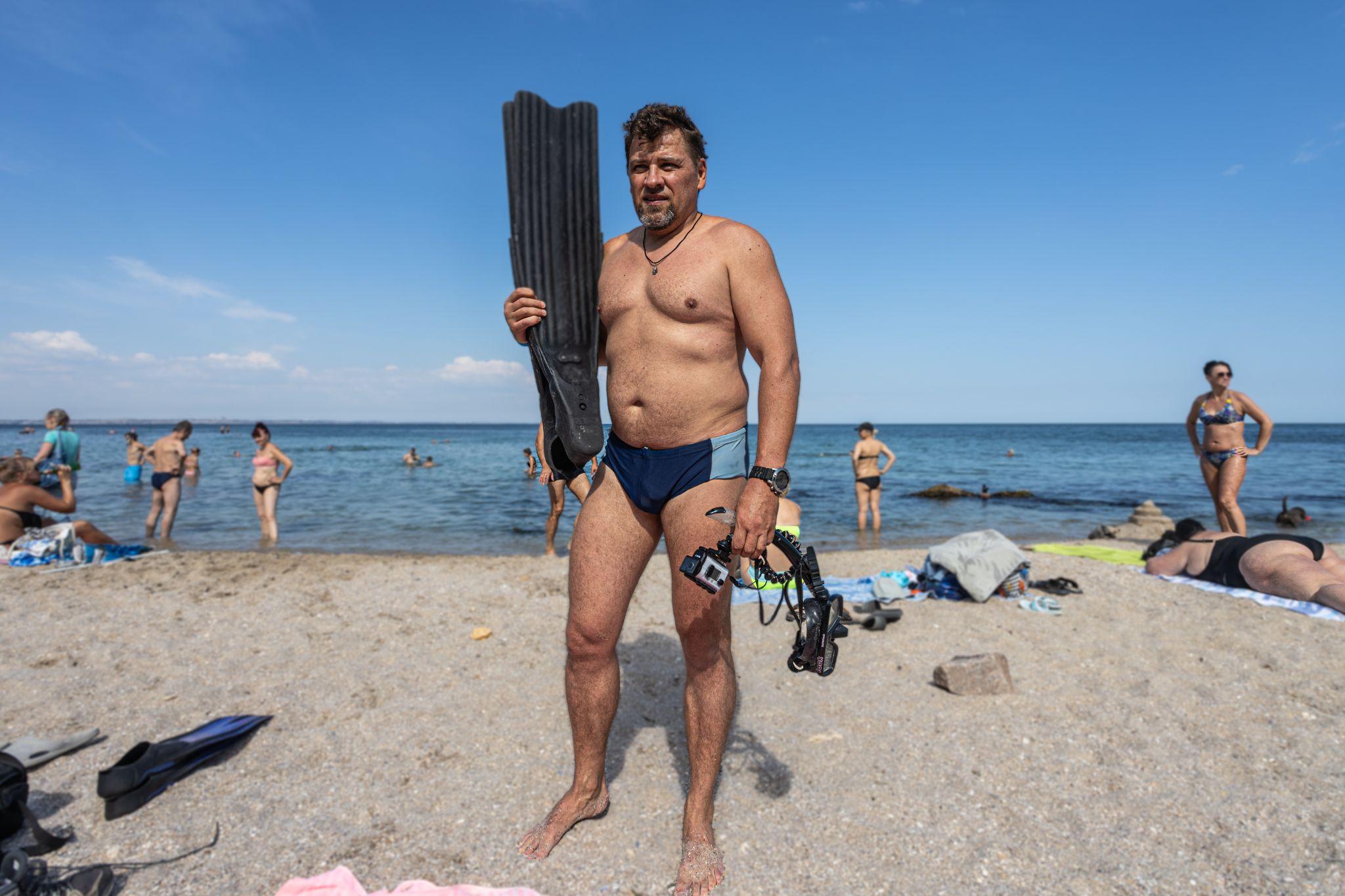
On a sweltering afternoon in Odesa, while patrolling to check on the state of submarines with a snorkel in hand, Vladyslav noticed something unusual: "We even spotted frogs along the shores of Odesa last year," he said. "That's something we've never seen before,” he added.
Alongside the cyanobacteria bloom, the dam’s destruction caused severe contamination from heavy metals and other toxic substances.
"Following the sabotage of the Kakhovka dam, the concentration of heavy metal salts in the water reached levels dozens of times higher than normal," Vladyslav explains.
These substances seep into the marine ecosystem, where they persist and accumulate along the food chains. This buildup poses a “serious threat to the health of local populations, who consume contaminated seafood, and the marine species themselves,” Vladyslav warns.
Marine species bearing the brunt
Mussels populations along Odesa’s shores have plummeted, already reeling from declining salinity levels. Rapanas, crucial marine predators, are also hit from rising pollution. These predatory mollusks play a crucial role in maintaining ecological balance by managing the numbers of other marine species.
Even dolphins, iconic residents of the Black Sea, are at risk. “A criminal investigation has been launched to study the decline in their populations,” Vladyslav says.
He notes that fewer dolphin carcasses have been found recently, which might signal an underlying disruption in the ecosystem. Seabirds that rely on these contaminated waters for food also feel the impact, as worsening conditions affect their feeding ground.
In response to the crisis, Vladyslav wasted no time taking action. The organization alerted the Ukrainian environmental prosecutor's office, which swiftly launched biological assessments and judicial investigations.
“Green Leaf's efforts focus on documenting the full extent of the damage and advocating for both repair and preventative measures,” Vladyslav says. “Given the high concentrations of heavy metals and pesticides in marine species, we strongly advise locals and visitors to avoid eating mussels and fish from the sea,” he adds.
Even a year after the Kakhovka hydroelectric dam explosion, the environmental situation in the Gulf of Odesa is hanging by a thread.
During a patrol that Euromaidan Press witnessed firsthand, disturbing signs came to light. The discovery of a dead gray gudgeon — a species listed in Ukraine’s Red Book of endangered animals — serves as a stark reminder of the disaster’s lasting effects.
Black Sea roils as militarization escalates
The destruction of the Kakhovka hydroelectric dam, along with the ongoing Russian war against Ukraine, has ramped up the militarization of the Black Sea, further exacerbating environmental risks. Sea mines, a direct byproduct of the conflict, are a major hazard for navigation and marine wildlife. In January 2024, Romania, Bulgaria, and Türkiye came together to set up a Working Group for Counter-Mine Measures to keep maritime traffic safe.
The ongoing militarization also takes a toll on the ecosystems. The naval mines found in the Black Sea are primarily of two types:
- Moored mines: anchored to the seabed by a cable, they float near the surface or between layers of water, posing a grave danger to ships.
- Drifting mines: designed to float with the currents, they are primarily used for offensive attacks. However, weather can knock these weapons loose, turning them into unpredictable, drifting hazards.
Sea mines pose a severe threat to merchant ships navigating the Black Sea. Even though large vessels, such as modern grain carriers, are designed to withstand blasts, these mines can still damage the vessels and put their crews in danger.
Mines also put local communities at risk. "We are scared to venture far out to sea. Mines have washed up near our fishing grounds, and we could hit one at any moment,” says Romanian fisherman Mattei. “We are extremely cautious," he adds during an off-shore fishing trip.
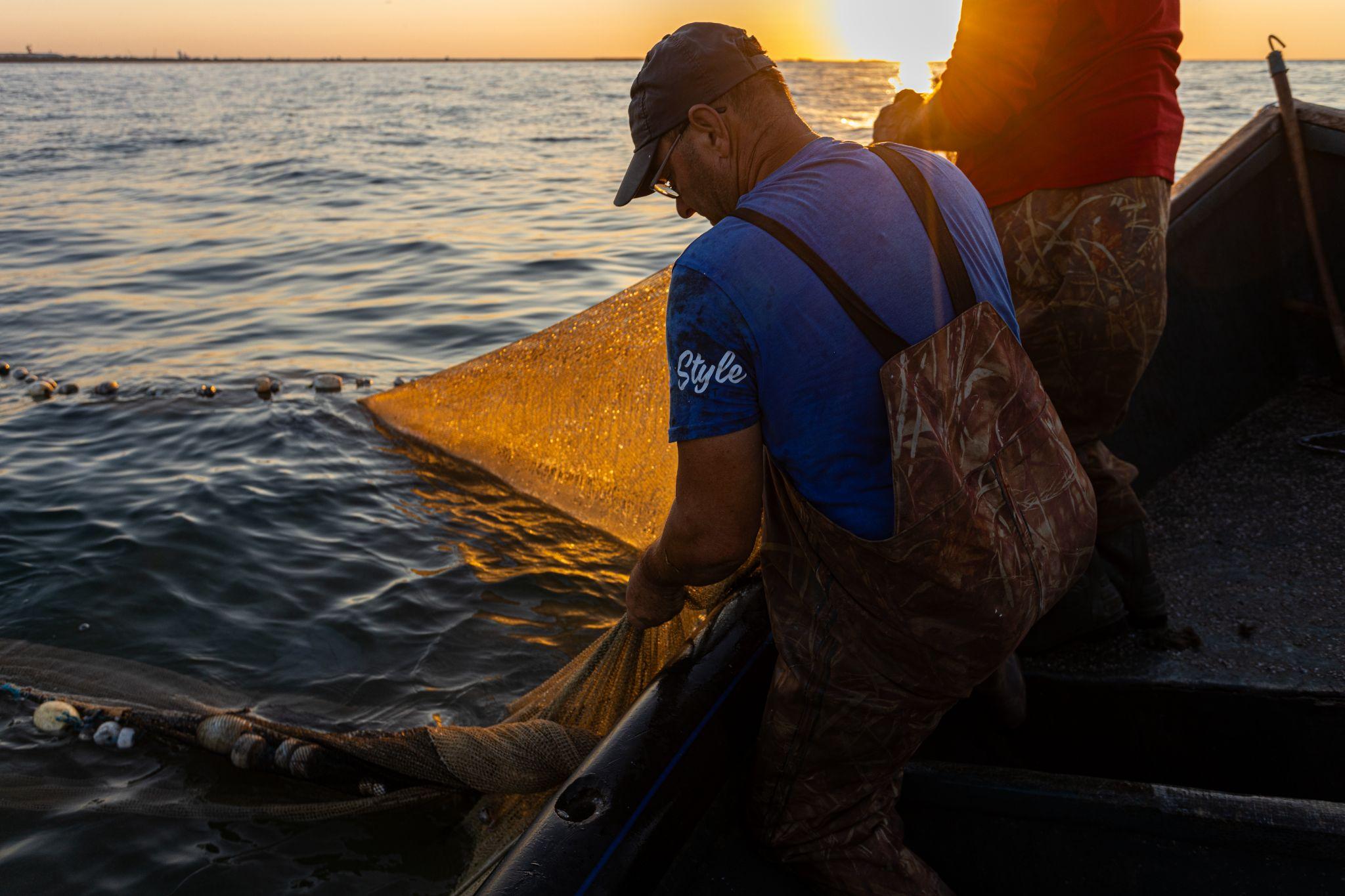
In response to these risks, an international coalition has teamed up to carry out regular demining operations in the Black Sea. Participating countries have deployed minesweepers to track down and disarm these dangerous devices, clearing navigation routes for commercial vessels.
Documents reviewed by Euromaidan Press reveal that Romania has significantly stepped up its efforts to secure its waters as drifting naval mines from the invasion of Ukraine continue to crop up. During a recent demonstration, military divers showcased the mine-clearing process, gearing up with specialized equipment to clear hazardous areas.
Since the full-scale war broke out, Romania has successfully neutralized five mines within its territorial waters, contributing to the broader regional effort. Destroying these mines is a painstaking process, requiring divers to carefully place an explosive charge on the mine and detonate it from a safe distance. The divers rely on specialized gear, protective tools, and mine intervention equipment to ensure safety throughout the operation.
Each demining mission is carefully tailored to specific conditions – factoring in the type of mine, weather, and sea state. Divers minimize their time near the mine to ensure maximum safety, but no shortcuts are taken during these high-stakes operations.
Alongside mines from Russia’s ongoing war against Ukraine, Romanian divers also come across old World War II mines that occasionally resurface. These older mines are just as dangerous and are handled with the same level of caution as the modern ones. Recently, one of those mines got tangled in a fisherman's net, triggering an immediate intervention to destroy it safely.
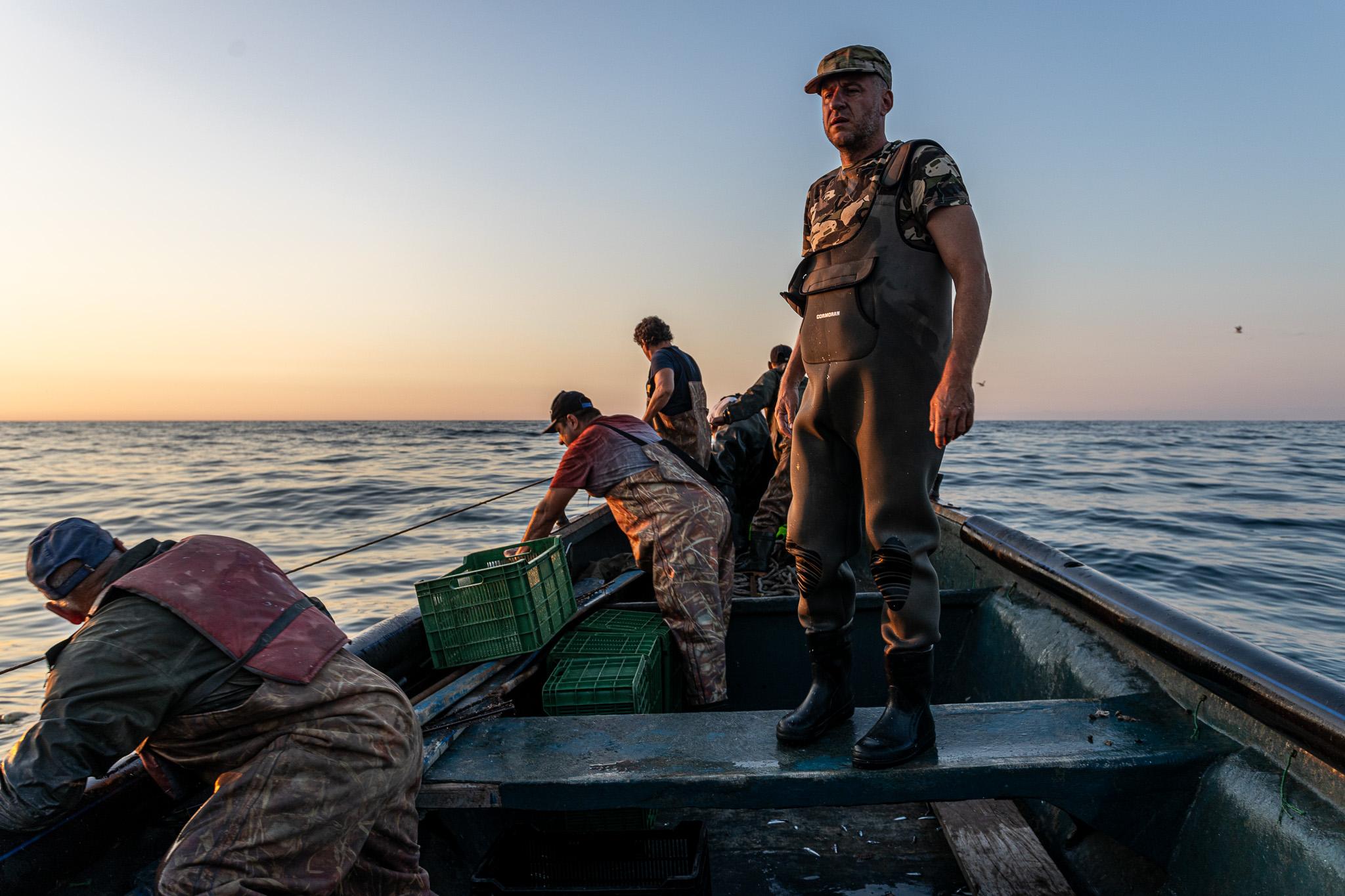
Activists battle the environmental tide
Confronted by mounting environmental and security challenges, Green Leaf and other local NGOs are increasingly turning to the courts to protect natural areas, including national parks. Vladyslav points out that their role in these legal battles is crucial to safeguarding these spaces from both war impacts and further ecological degradation.
“The environmental prosecutor's office works closely with our organization and reaches out whenever they need biological expertise or advice,” he explains. Additionally, Green Leaf has forged partnerships with several national parks, offering them legal support to strengthen their defenses against the mounting threats.
The scale of the problem is immense. Many national parks along the coast are now occupied, struggling not only with the pollution but also with the destruction of landscapes caused by relentless fires and other war-related damages. As a result, these parks are largely left to watch from the sidelines, documenting the devastation and urging the international community – including journalists and public organizations – to spotlight the severity of the crisis.
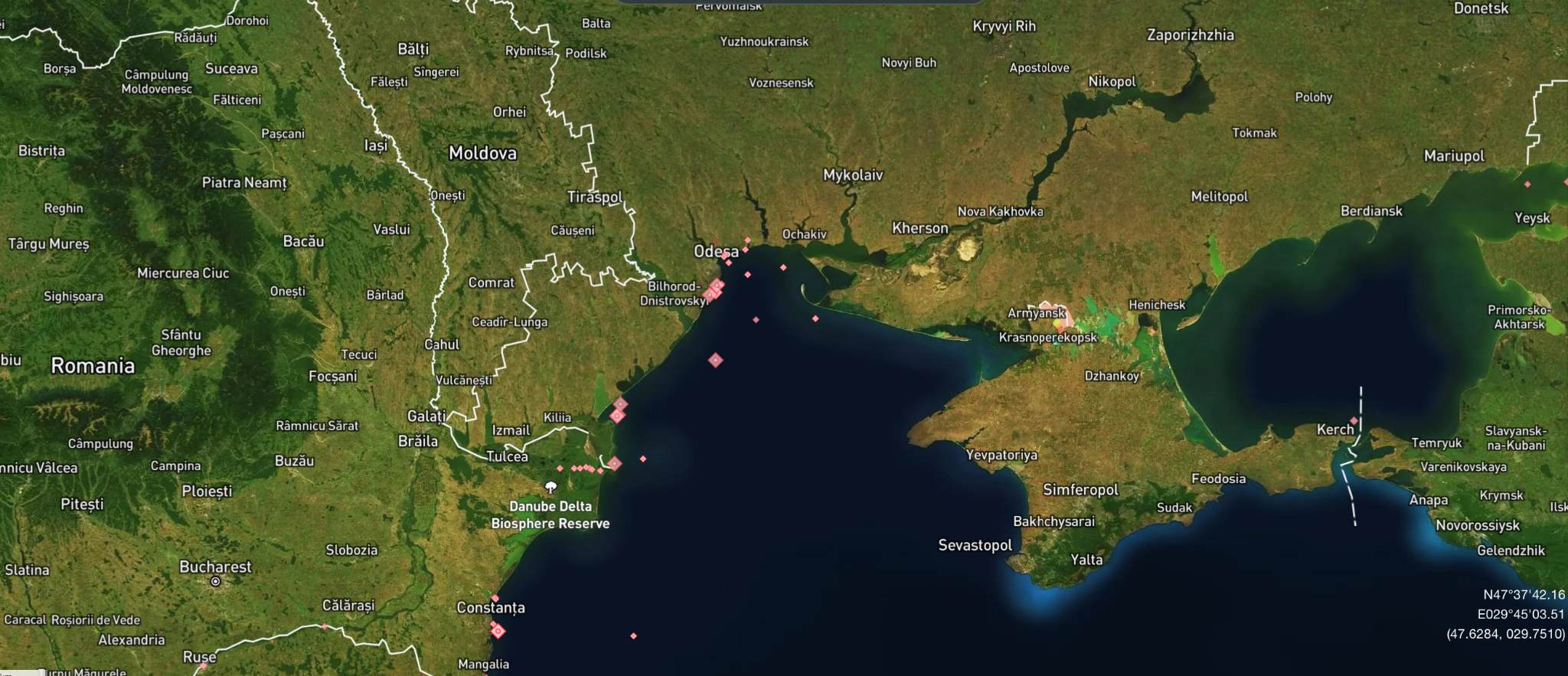
Current condition and future prospects
The destruction of the Kakhovka dam has triggered a cascade of ecological and security crises that threaten both marine ecosystems and the local communities that depend on them. While the Black Sea demonstrates remarkable resilience and potential for recovery, the path forward remains an uphill struggle.
Protecting the Black Sea's biodiversity requires a watchful eye and relentless engagement from all affected states. However, the hope for restoring its unique biodiversity remains out of reach as long as the Russian invasion of Ukraine continues, pushing the Black Sea’s war-exhausted ecosystem to the brink.
Related

